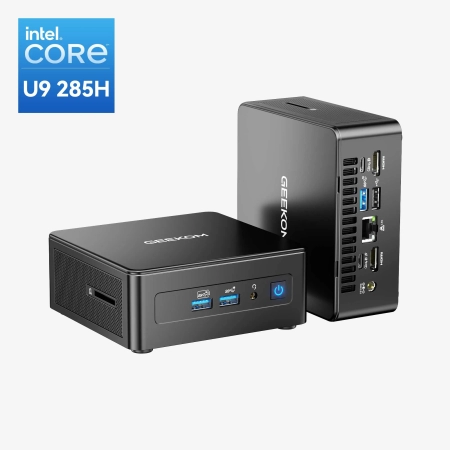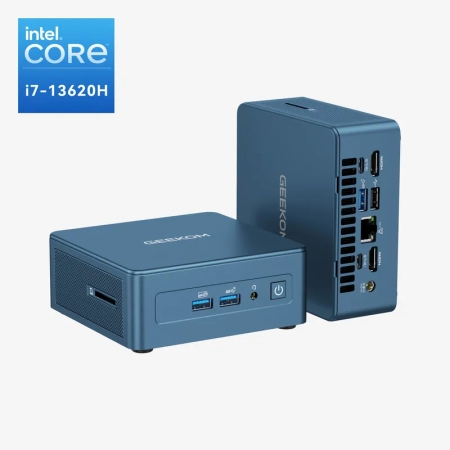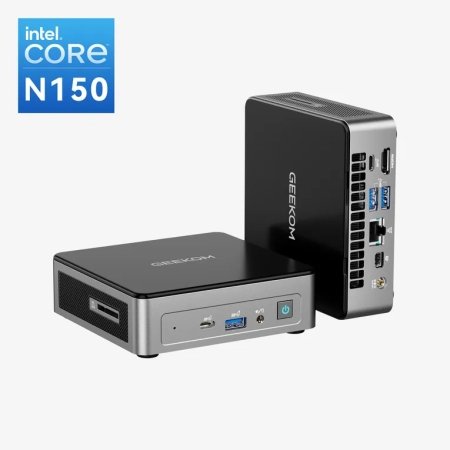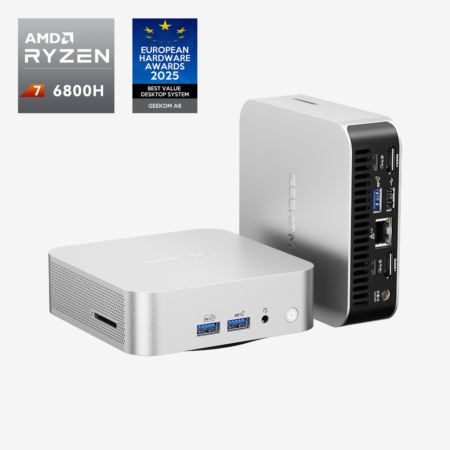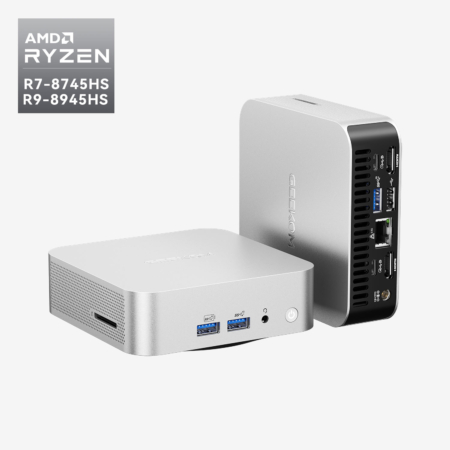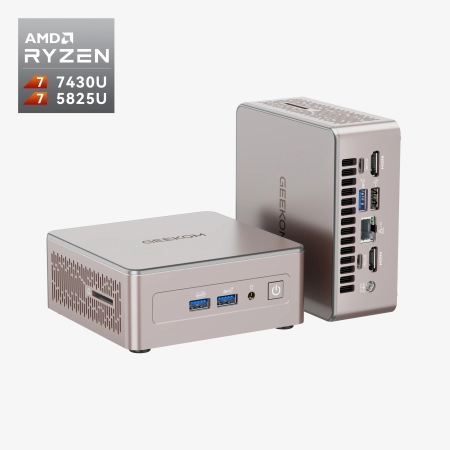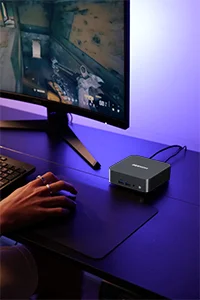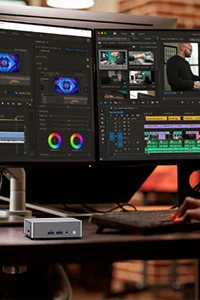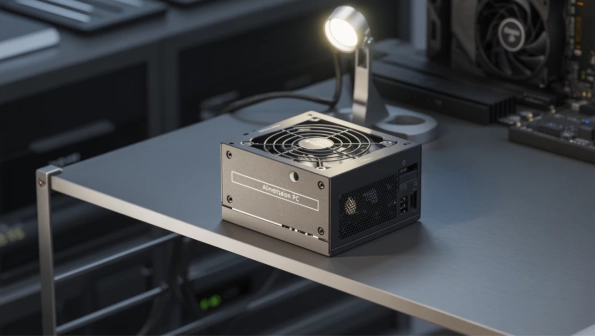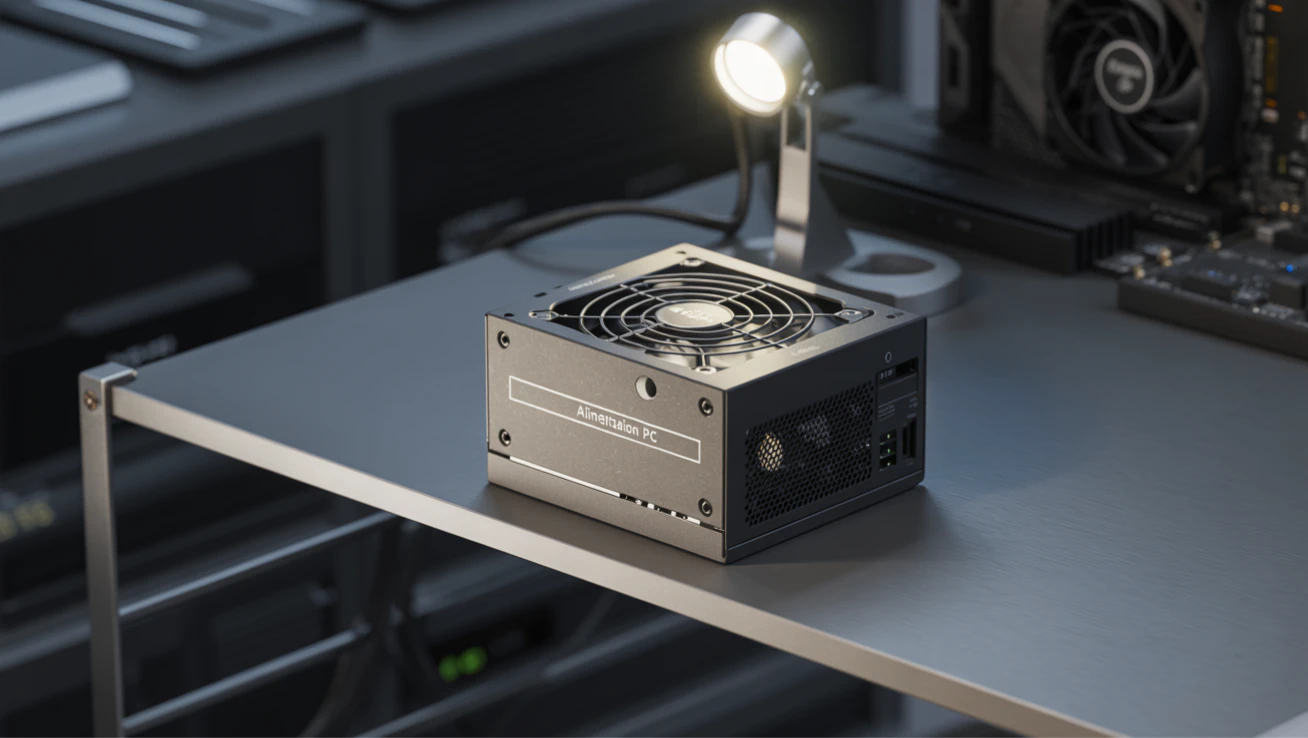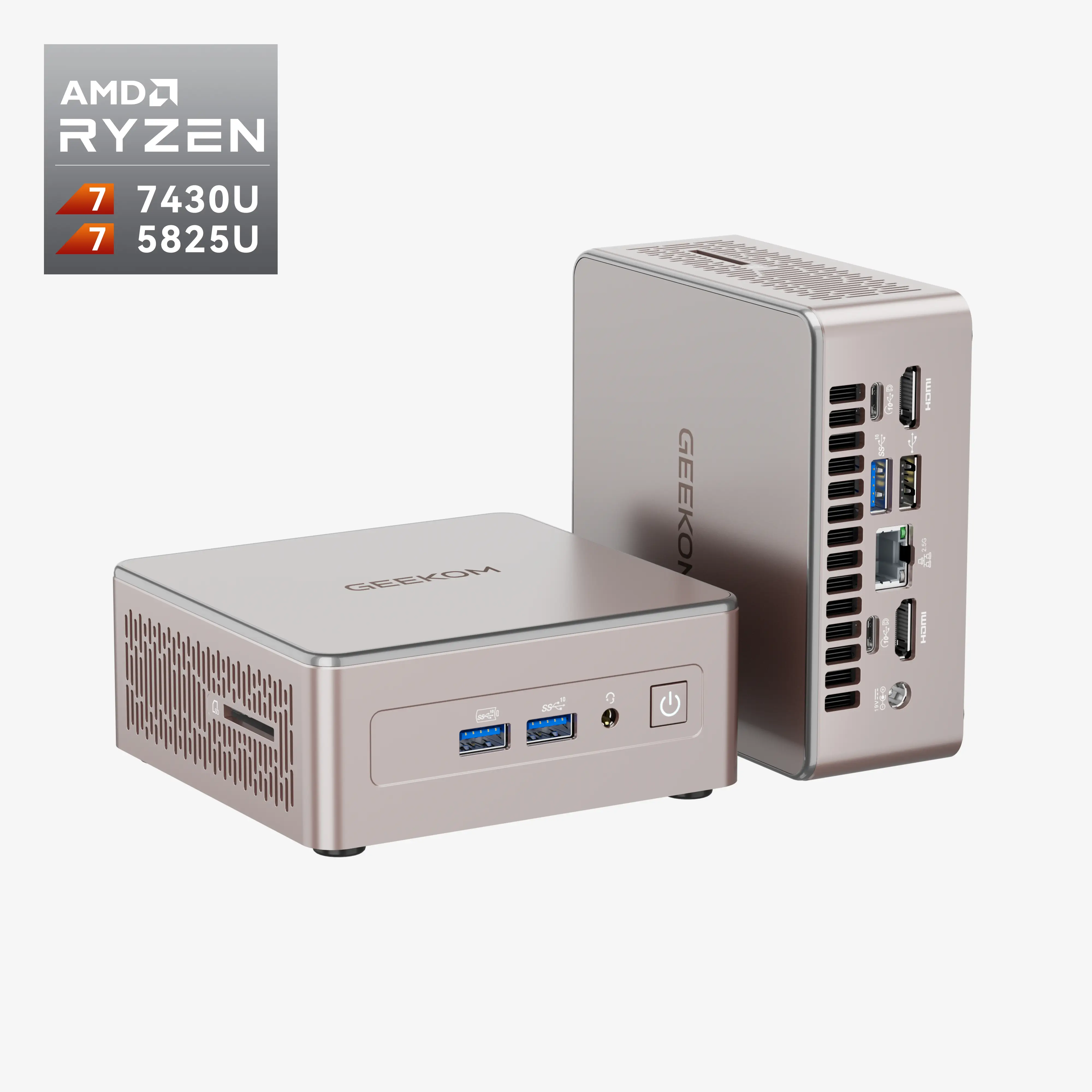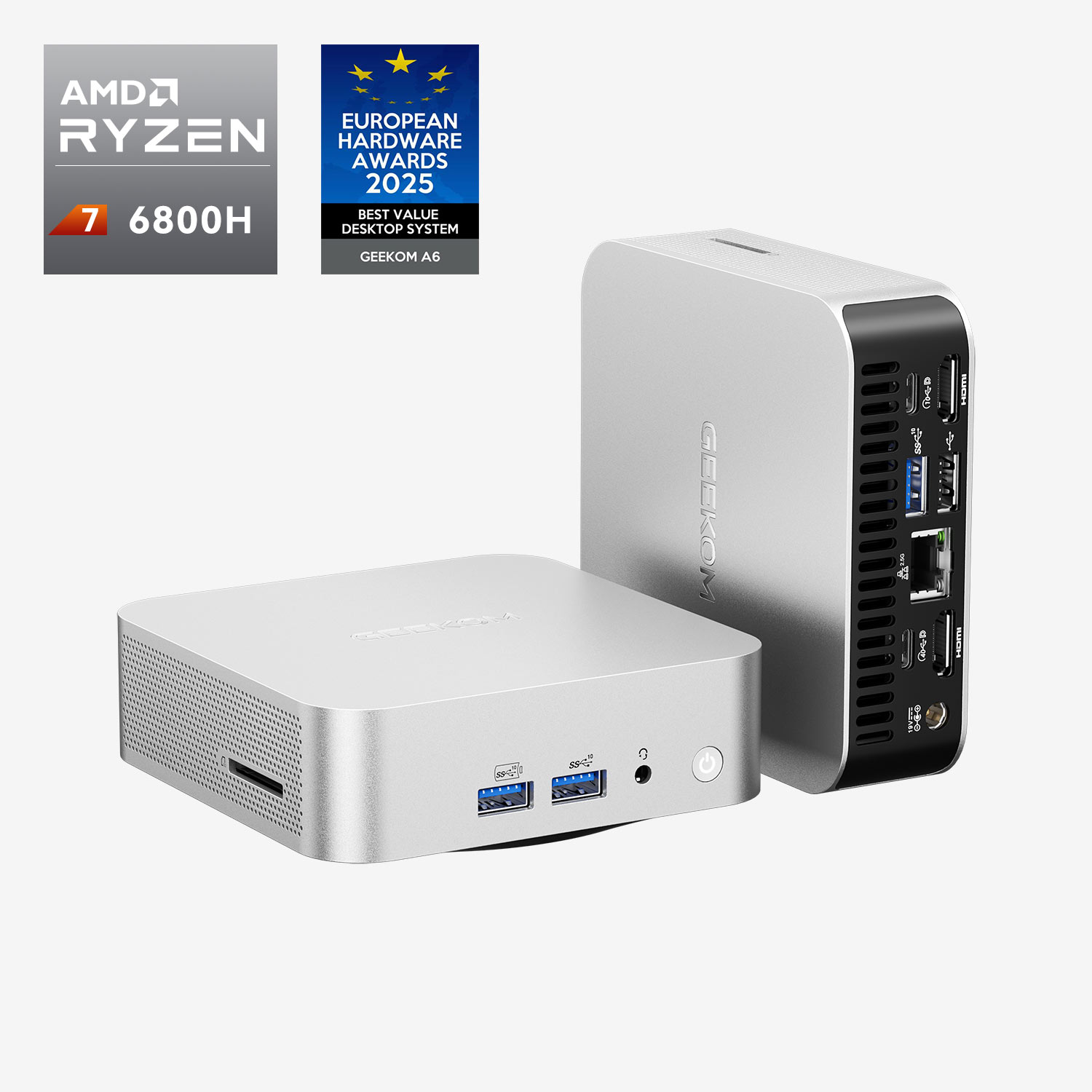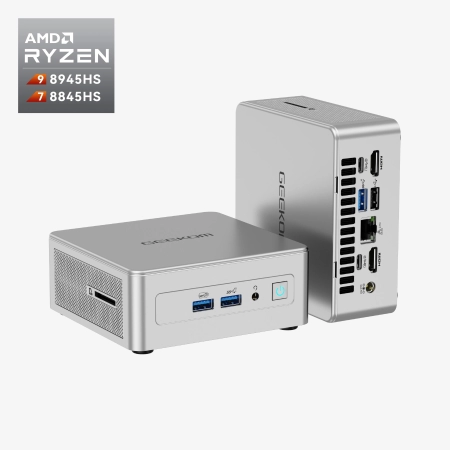Question: What is a PC power supply used for? How do I choose the right power supply for my computer? How can I extend its lifespan?
The Best Answer: A PC power supply converts electrical current into usable energy for internal components. It is essential for the stability, performance, and longevity of the computer. A poorly chosen power supply can cause failures, overheating, or reduce the lifespan of the hardware.
What is a PC power supply?
The PC power supply, or PSU (Power Supply Unit), is an essential hardware component that converts alternating current (AC) from the wall outlet into direct current (DC) that can be used by the various internal components of the computer. It then distributes this energy at different voltages (+12V, +5V, +3.3V) to power the processor, graphics card, motherboard, memory, hard drives or SSDs, as well as internal peripherals. Without it, no part of the PC could function. It also plays a key role in the electrical stability and safety of the system.
Main role of the power supply
The PC power supply has the essential mission of providing each component with the electrical power necessary for proper operation while ensuring system stability and safety.
1. Energy conversion
It converts alternating current (230V in Europe) from the mains into direct current that can be used by components. This direct current is delivered at different standardised voltages, mainly +12V, +5V, and +3.3V, each adapted to specific needs.
2. Power distribution
The voltages are distributed via different rails. For example, +12V powers the processor (CPU) and graphics card (GPU), +5V serves storage peripherals like hard drives and SSDs, while +3.3V powers logic circuits and memory.
3. Stabilisation and safety
A modern power supply integrates several protection systems:
- OVP (Over Voltage Protection) against overvoltages,
- UVP (Under Voltage Protection) against voltage drops,
- SCP (Short Circuit Protection) in case of a short circuit,
- OTP (Over Temperature Protection) to prevent overheating.
Thanks to these functions, the power supply ensures not only an energy supply but also the longevity and reliability of the computer.
Why choosing the right power supply is crucial in 2025
According to a report by Jon Peddie Research (2024), more than 35% of serious PC hardware failures are directly related to a defective or inadequately sized power supply. In 2025, this issue is even more critical with the widespread adoption of high-end gaming configurations and AI-optimised systems, both of which are very power-hungry.
An inadequate power supply can cause instabilities, limit performance, or damage components. It is therefore strongly recommended to opt for an 80 PLUS certified model, guaranteeing high efficiency, better energy efficiency, and increased long-term reliability.
How to choose your PC power supply?
| Criteria | Explanation | 2025 Recommendation |
|---|---|---|
| Power (W) | Total PSU capacity | 500-650W for office work, 750-1000W for gaming/AI |
| 80 PLUS Certification | Energy efficiency | Bronze minimum, Gold for gaming PCs |
| Form Factor (ATX/SFX) | PSU size | ATX standard for towers, SFX for mini PCs |
| Connectors | Cables needed for GPU, CPU and storage | Check before purchase |
| Modularity | Detachable cables | Semi or full modular for better cable management |
How to choose the right PC power supply: 500W, 650W, 700W, 750W, 800W, 850W, or 1000W?
Choosing the power rating of your PC power supply is a crucial step to ensure the stability, safety, and performance of your computer. Depending on your machine’s configuration, your energy needs can vary greatly, which explains the diversity of power supplies available on the market, ranging from 500W to 1000W and more.
For basic use, such as office work, web browsing, or multimedia, a 500W or 650W PC power supply is generally sufficient. These power ratings cover the needs of modest configurations with one or two main peripherals, while guaranteeing good energy efficiency if the power supply is 80 PLUS certified.
Gamers and content creators will often need to opt for more powerful power supplies. A 700W, 750W, or 800W PC power supply offers a comfortable safety margin for mid- to high-end graphics cards, powerful processors, and additional peripherals. These power ratings also help better manage consumption peaks during intensive gaming sessions or video rendering.
For very high-end configurations, particularly those equipped with multiple graphics cards (SLI or Crossfire) or used for demanding professional workstations, it is recommended to choose an 850W or even a 1000W PC power supply. These power supplies guarantee maximum stability and a constant power supply, which prevents performance drops or failures related to an insufficient power supply.
Finally, whatever your choice, always prioritise a power supply certified 80 PLUS Bronze, Silver, Gold, or better, to optimise energy efficiency, reduce power consumption, and extend the lifespan of your hardware.
Signs that a power supply is defective
Recognising the symptoms of a defective power supply is crucial to avoid irreversible damage to your PC. Here are the most common signs that indicate a potential problem:
- Random or impossible startups: The PC may turn on intermittently, not start at all, or shut down immediately after startup, a sign that the power supply cannot provide stable power.
- Unusual noises: Crackling, humming, or abnormal clicking sounds coming from the power supply may indicate a faulty internal component or a fan in poor condition.
- Burning smell or overheating: A smell of plastic or burnt components is a serious warning of an electrical problem. Overheating can also cause performance drops or unexpected shutdowns.
- Sudden shutdowns under heavy load: When playing demanding video games or performing video rendering, a defective power supply can cause sudden cuts, as it cannot provide enough power in high-demand situations.
If you observe one or more of these symptoms, it is recommended to test or quickly replace your power supply to protect the entire system.
Maintenance and lifespan
On average, a quality PC power supply has a lifespan between 5 and 8 years, or even more if it is well-maintained and used in good conditions. To extend this lifespan, it is important to follow some essential best practices.
1. Avoid dust accumulation.
Dust is one of the main enemies of power supplies. It can obstruct fans, reduce heat dissipation, and cause overheating, which accelerates the wear of internal components. Regular cleaning with compressed air keeps the power supply clean and performing well.
2. Do not exceed 80% of the maximum load.
Running a power supply constantly at full load reduces its longevity and efficiency. It is advisable to choose a power supply whose maximum power exceeds the actual needs of the system in order to stay below 80% load in normal use.
3. Use a surge-protected outlet.
Voltage spikes can irreparably damage the power supply and connected components. Installing a power strip with surge protection or an uninterruptible power supply (UPS) guarantees stable and secure power.
Other factors influencing lifespan
- Build quality: High-end power supplies use more robust components and better-designed circuits.
- Environmental conditions: High ambient temperature or poor ventilation shorten lifespan.
- Regular use: Frequent on/off cycles can also fatigue certain electronic components.
By following these tips, you maximise the chances that your PC power supply remains reliable and efficient for many years.
Conclusion
The PC power supply is the energy heart of the computer. In 2025, its role is more crucial than ever to guarantee stability, safety, and performance, especially with the rise of resource-hungry configurations. Choosing a reliable and certified power supply remains an essential investment to protect your system.
Furthermore, even Mini PCs, thanks to their compact size, require a high-performance and suitable power supply. To ensure their stability and performance, it is important to properly choose their power supply. Discover our tips and Mini PC models optimised for efficient power supply in 2025.
FAQ: What is a PC power supply used for?
Q: Does the power supply influence performance?
A: Yes, indirectly. A stable power supply prevents voltage drops that can reduce CPU or GPU frequency.
Q: Can you use a laptop power supply on a desktop PC?
A: No, because they are not designed for the same power and connectivity needs.
Q: What is the best power supply for a gaming PC in 2025?
A: A 750W 80 PLUS Gold-certified power supply, suitable for the CPU/GPU combination, remains ideal.


